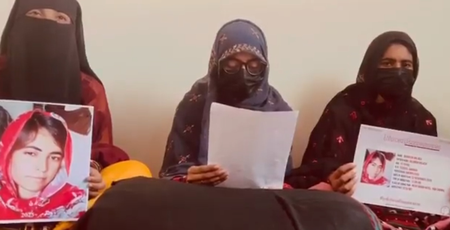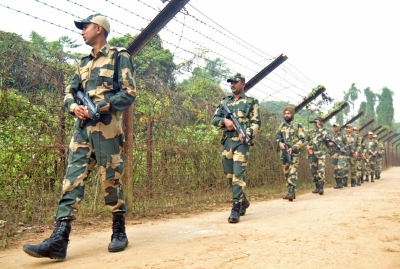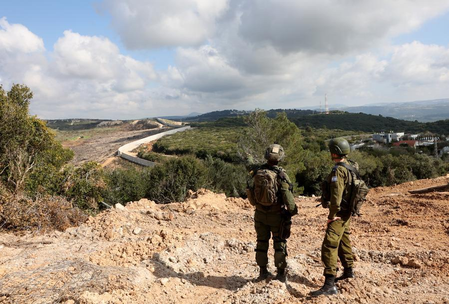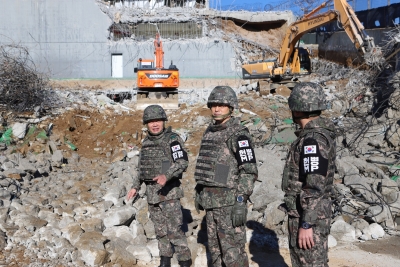
Jaipur, Feb 18 (IANS) Minister of State for External Affairs Kirti Vardhan Singh, Israel’s Ambassador to India Reuven Azar, Armenian Ambassador to India Vahagn Afyan, top leaders and diplomats shed their insights on the transitional phase of the changing world order at the fourth edition of the Maharana Pratap Annual Geopolitics Dialogue (MPAGD) 2025 held in Jaipur.
The two-day dialogue, organised by the Usanas Foundation and co-hosted by the Ministry of External Affairs (MEA) under the theme of ‘Building Tomorrow: Shaping the Future’, saw participation of several distinguished speakers from across the globe.
The keynote address of the conference was delivered by Minister of State for External Affairs and Environment Kirti Vardhan Singh who, while paying tribute to Maharana Pratap, highlighted his diplomacy and commitment in maintaining the sovereignty of the state. He also shared insights on technology, multipolarity, mutual respect and the role of ancient civilizations in the modern world system.
In his address, Israel’s Ambassador to India Reuven Azar described terrorism as one of the most serious issues in the world right now and also emphasised the importance of strengthening bilateral relations between India and Israel.
Armenian Ambassador to India, Vahagn Afyan, discussed India’s relations with Armenia across various areas, including defence, technology, trade, and education, particularly regarding student exchange programmes. He also spoke about the need for a balanced foreign policy to help nations reach their full potential.
Usanas Foundation founder Abhinav Pandya facilitated discussions on pressing global issues, including terrorism, instability in Europe, cyber diplomacy, and intensive climate change consultations. He also addressed the benefits and emerging challenges of Artificial Intelligence (AI).
Pandya also discussed the Deobandi movement, tracing the origins of the first Deobandi-linked Taliban group. He then examined the history of militancy in Kashmir, providing details on how it has evolved over time. He highlighted the critical role of Jamaat-e-Islami in radicalising sections of the population and fostering insurgency.
Furthermore, he touched upon the challenges posed by Islamic extremism in Bangladesh and being a route, facilitating the propagating of extremist ideologies in the region. He also stated that West Asian extremists are joining hands with South Asian groups.
During the session titled, ‘Making sense of the transitional world order’, Andrey Kortunov, Academic Director of the Russian International Affairs Council, argued that a new world order typically emerges after major wars. He also highlighted crucial challenges in the contemporary global landscape, particularly issues of legitimacy and the growing influence of non-state actors.
Dr Rohan Gunaratna, Professor of Security Studies at Nanyang Technological University, Singapore highlighted the importance of national rehabilitation programmes for radicalised individuals and warned that South Asia is becoming a hotspot for Islamic extremism.
Dr Michael Rubin, Senior Fellow, of the American Enterprise Institute and a former Pentagon Official, detailed the deadly conflict in Sudan, the elimination of Hamas, support to Ukraine and how China is a declining power as it faces a demographic crisis.
–IANS
int/scor/as




